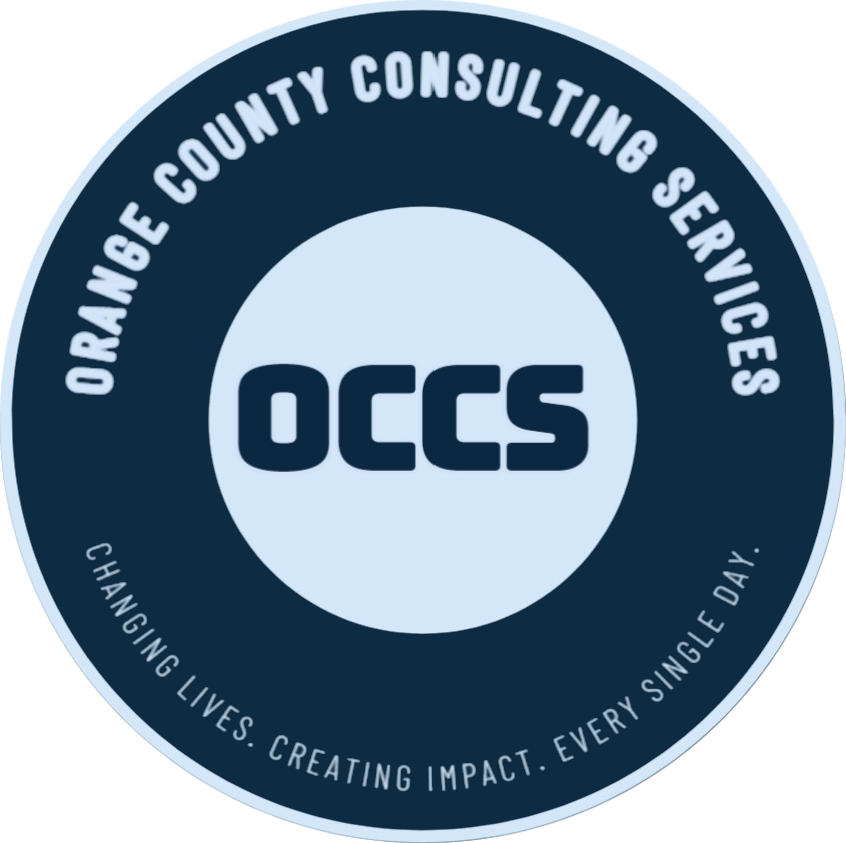Out-of-Network (OON) Providers struggle to collect decent payments on their claims. Many insurers send checks to patients. OON providers do not understand that they need different patient forms and disclosures for their OON patients. They do not understand how the Federal No Surprise Act may impact their OON Practice. OON Providers are frequently audited by payors, and they don’t know how to handle or otherwise defend these refund attempts. This session will provide the audience with answers in this complex healthcare topic.
Webinar Agenda
The webinar will discuss the three components to a successful out of network workflow designed to increase reimbursement, keep the provider compliant and defend pesky insurer/payor audits and refund demands. The session will outline how an out of network provider should handle eligibility, verification of benefits, charge analysis, low payment and denied appeals, patient cost share and payor audits/recoupment attempts. A discussion of fee forgiveness and balance billing will give the audience clear-cut steps to take to avoid payor fee forgiveness audits. We will provide the audience with instructions on how to create a compliant financial hardship, prompt payment and professional courtesy policy. We will have a discussion about ERISA claims Guidelines and state prompt payment laws.
Webinar Highlights
- Explain reasons that eligibility and verification of benefits are different and more important for an OON provider as compared to an in-network provider.
- Explain how an OON Provider should handle eligibility and verification of benefits.
- Explain how to successfully appeal low allowed out of network claims.
- Explain the importance of obtain SPD’s and Plan Documents.
- Discuss effective appeal preparation for low allowed claims and denied claims.
- Explain how to effectively object and appeal refund demands and payor audits.
- Instruct on how to craft compliant financial hardship, professional courtesy and prompt payment discount policies.
Who Should Attend?
Revenue cycle staff, billing companies, healthcare attorneys, healthcare providers and healthcare compliance staff
We also Recommend
Date
Conferences
Duration
Price
Register
Sep 17, 2024
60 Mins
$199.00
Nov 02, 2023
60 Mins
$199.00
Mar 02, 2023
60 Mins
$199.00
Aug 31, 2022
60 Mins
$199.00
Jun 09, 2022
60 Mins
$199.00
Jun 06, 2022
180 Mins
$399.00
